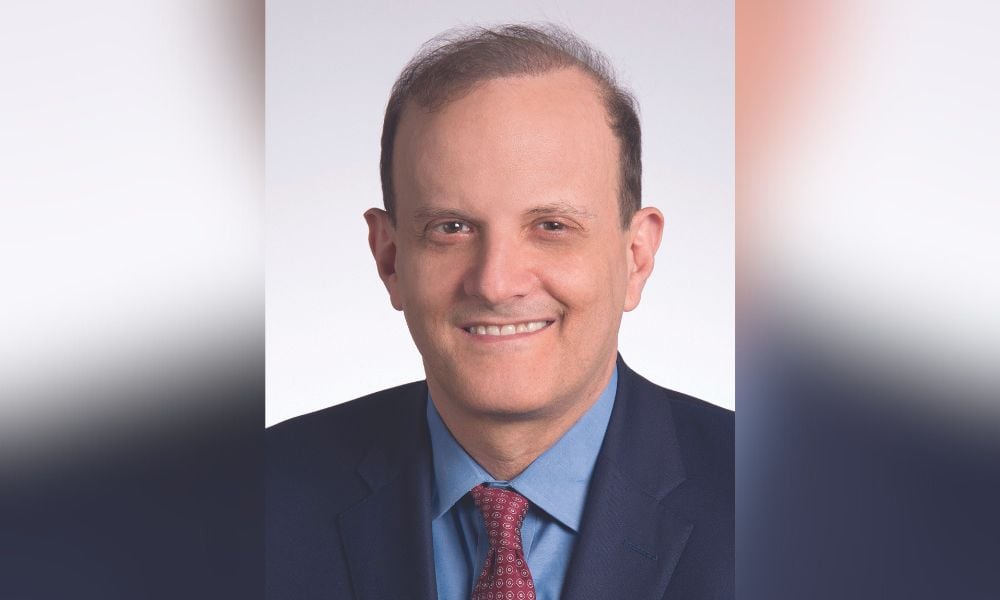
'Look at your policies and practices to see if there's anything that may be well-intended but isn't going to be well-received in a court of law'

Another large corporation is facing litigation due to its ESG and DEI campaign, as an investor of Target Corporation has taken issue with its 2023 LGBTQ Pride Month strategy and is suing the company for securities fraud.
The lawsuit is claiming 10b-5 violations under the US Securities and Exchange Commission, The National Law Review reported. The lawsuit is claiming lost shareholder profit due to alleged "unprecedented customer backlash to a campaign Target undertook as a result of its ESG and DEI initiatives… which embroiled Target in the culture war and caused Target to experience the biggest stock decline in the company's history, costing investors billions."
The company was targeted by anti-ESG and diversity groups after its June Pride Month campaign featuring family-friendly merchandise, leading to a 5% decline in sales, Business Insider reported. For the first time in the over 10 years Target has been running its yearly Pride campaigns, the company pulled merchandise from stores due to the controversy, causing more backlash from its own LGBTQ employees, customers and suppliers.
DEI charges are not going anywhere, says employment lawyer Jonathan Segal of Duane Morris, and it’s time for employers and HR to take a close look at their policies and marketing around DEI.
“What we're seeing is an increase in challenges to DEI programs, either by employees, lawyers, politicians or elected officials. And the challenges are taking many forms,” he told HRD.
Segal points to examples such as mentorship or coaching programs for women in the workplace that could be interpreted as discriminatory towards men, as they are not being offered an employment benefit of equal value.
Another costly mistake that employees and HR directors can make is basing DEI programs around numerical goals and quotas, Segal said, especially in light of the recent Supreme Court decision reversing affirmative actions in universities and colleges.
“The difference between a goal and a quota may be a couple $100,000 in legal fees,” he said.
After the murder of George Floyd in 2020 and the nation-wide “racial reckoning” that followed, Segal said, many companies and corporations quickly introduced DEI programs to their policies, but some of them may not have been as well-thought-out as they should have been.
“I'm getting a lot of calls from employers saying, ‘We are committed to DEI, we want to increase inclusion, we don't want to increase litigation,’” said Segal.
“It's a good time to look at your policies and practices and see if there's anything in there that may be well-intended, but isn't going to be well-received in a court of law.”
Another important aspect for HR is to make sure that there's training so that managers know what they can and cannot do, he said, “because there will be people that will have good hearts, but have nothing in their head in terms of the legal restrictions.”
To avoid becoming “clickbait for a plaintiff’s lawyer,” Segal recommends employers take a step back from advertising their DEI strategies, and refrain from starting any new, attention-getting initiatives.
They should also pay attention to language in policies, and ensure that when discussing diversity and inclusion, categories other than only protected groups (such as race and gender) are included in definitions.
Take a look at employee training and career-building programs, he said. For example, mentorship programs, internships, fellowship programs and sponsorships are all vulnerable to litigation if they are viewed to be offered to one group over another. Job descriptions, too.
“If you say, ‘Our goal is to increase diversity,’ you can make decisions based on differences like experience and perspective — you can't make it based on things like race or gender. So you want to make sure that your definition of diversity is broad enough,” Segal said.
The Review pointed out that the investor lawsuit against Target, if successful, could lead to more such actions by anti-ESG and anti-DEI groups. This, along with other increases in DEI backlash against companies, makes it even more important for employers to defend themselves, Segal said.
“If you care about DEI, you're going to want to make sure that it's less vulnerable to attack. A lot of DEI programs grew very quickly… and a lot of programs do have low-hanging fruit for plaintiff lawyers. I think to be defensive without taking steps to be able to defend is really a mistake,” he said.
“The zeitgeist is now where there’s going to be more scrutiny — whether it be regulators, whether it be the plaintiffs, lawyers or employees. Figure out what you need to change, so that the greater good can be achieved. I don't think ignoring this is going to be helpful.”